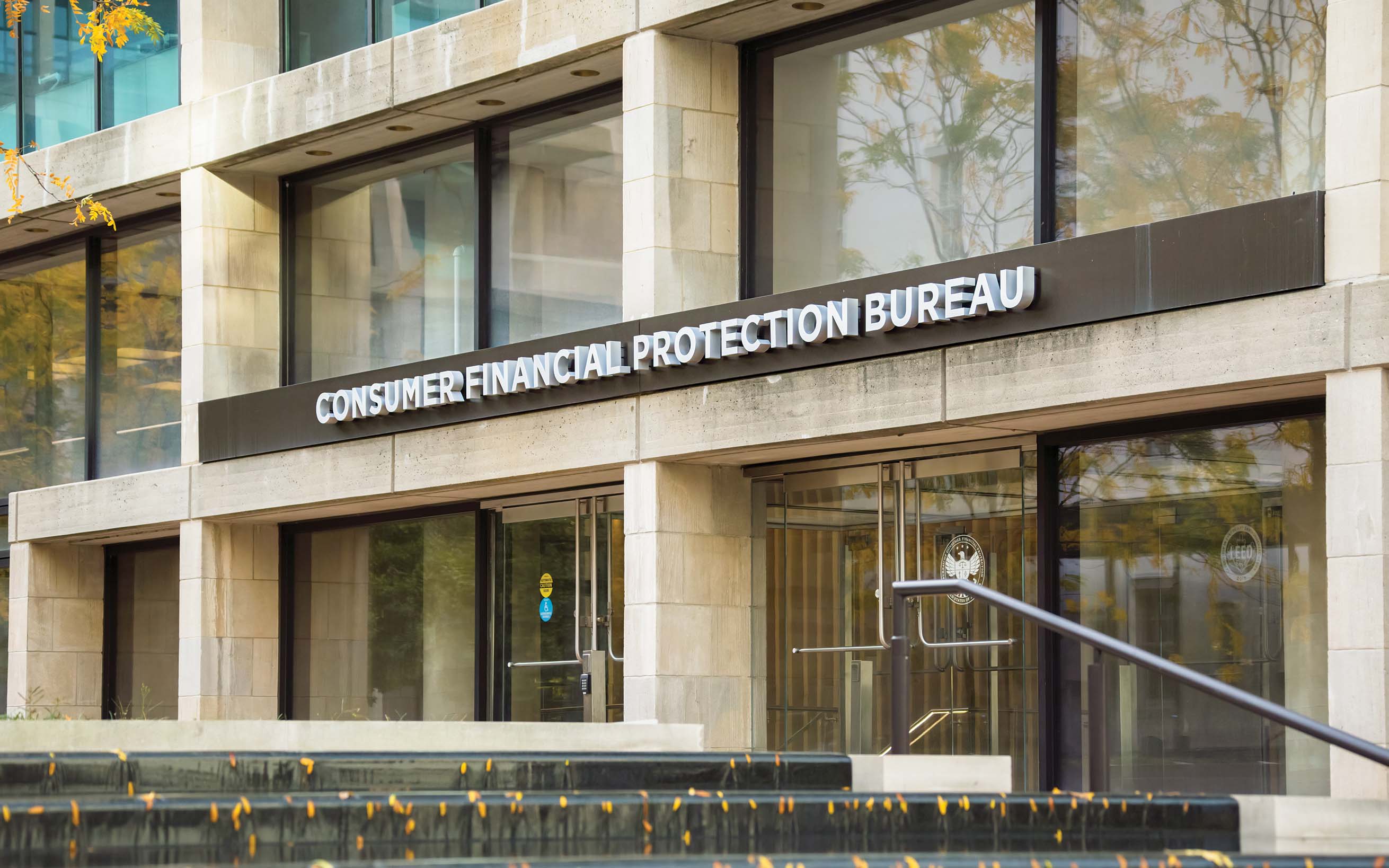SPONSORED | Outdated check processing systems expose community banks to rising fraud and compliance risks. Modernizing check processing enhances fraud detection, streamlines operations, and strengthens legal resilience—making it a critical risk management strategy, not just an efficiency upgrade.
Still Processing Checks Like It’s 1995? Fraudsters Are Counting on It
September 01, 2025 / By ICBA
SPONSORED | Outdated check processing systems expose community banks to rising fraud and compliance risks. Modernizing check processing enhances fraud detection, streamlines operations, and strengthens legal resilience—making it a critical risk management strategy, not just an efficiency upgrade.
In a digital-first world, it’s easy to assume checks are on their way out. But for community banks, that assumption is not only inaccurate, it’s dangerous. Check usage is not declining. It’s holding steady, even growing among businesses, and that means the risks associated with outdated check processing systems are growing too.
For banking professionals focused on risk mitigation and operational resilience, modernizing check processing isn’t a back-office upgrade—it’s a front-line defense.
The Reality: Checks Still Matter
Despite the rise of real-time payments and digital wallets, checks remain a critical part of the payments ecosystem. Over 90% of U.S. businesses still use paper checks, and most have no plans to change that. More than half of Americans wrote at least one check last year.
Checks offer traceability, documentation, and flexibility, especially in industries slow to digitize. But they also expose banks to significant risk when processed through legacy systems.
The Risk Landscape Has Changed—Have You?
Check fraud is no longer a background concern, it’s a front-page issue. In 2024, 63% of institutions reported attempted or actual check fraud. Fraudsters are more sophisticated, and legacy systems, built for a different era, are struggling to keep up.
Batch processing, siloed data, and limited visibility make it harder to detect threats in real-time. And when fraud slips through, the financial and reputational damage can be severe.
Compliance is another growing pressure point. Subpoena requests for check data are increasingly complex, often requiring banks to retrieve images and transaction details from multiple systems. This manual, error-prone process increases legal exposure and drains valuable staff time.
Modernization Is Risk Management
The smartest community banks aren’t eliminating checks, they’re reengineering how they process them. A modern check processing strategy reduces risk by:
- Enabling real-time fraud detection at the point of capture
- Centralizing transaction data for faster, more accurate reporting
- Supporting customizable subpoena response tools that reduce compliance risk
- Eliminating manual workflows that introduce human error
This isn’t just about efficiency. It’s about protecting your institution from the operational, legal, and reputational risks that come with outdated infrastructure.
Efficiency and Risk Are Two Sides of the Same Coin
Legacy systems don’t just increase risk, they slow you down. Manual processes, courier costs, and inconsistent user experiences across channels all add up to operational overhead. And in today’s competitive environment, inefficiency itself is a risk.
Modernizing check processing with a unified platform streamlines operations, reduces costs, and frees up staff to focus on higher-value activities—all while delivering a faster, more consistent experience to account holders.
Unify: Built for the Realities of Community Banking
Platforms like Unify are purpose-built for institutions that need to modernize without disrupting their core services. Unify consolidates all deposit channels under one solution, supports real-time processing, and offers built-in tools for fraud mitigation and compliance reporting.
With Unify, community banks can:
- Reduce operational complexity and cost
- Improve fraud prevention with real-time capabilities
- Respond to compliance requests with speed and accuracy
- Deliver a seamless, modern experience across every channel
The Leadership Mandate: Act Before Risk Becomes Reality
Community banks have always been defined by trust, service, and agility. But maintaining that edge requires infrastructure that supports, not hinders, those values.
Checks aren’t going away, but the risks of processing them with aging solutions are growing every day. The time to modernize is now—not because checks are obsolete, but because they’re not.
Learn more about Unify and how its helping to modernize community banking in this eBook.
Contact our team at Alogent to discuss how your bank can unlock strategic advantages with modern item processing software.
Subscribe now
Sign up for the Independent Banker newsletter to receive twice-monthly emails about new issues and must-read content you might have missed.
Sponsored Content
Featured Webinars
Join ICBA Community
Interested in discussing this and other topics? Network with and learn from your peers with the app designed for community bankers.
Subscribe Today
Sign up for Independent Banker eNews to receive twice-monthly emails that alert you when a new issue drops and highlight must-read content you might have missed.
News Watch Today

Join the Conversation with ICBA Community
ICBA Community is an online platform led by community bankers to foster connections, collaborations, and discussions on industry news, best practices, and regulations, while promoting networking, mentorship, and member feedback to guide future initiatives.













